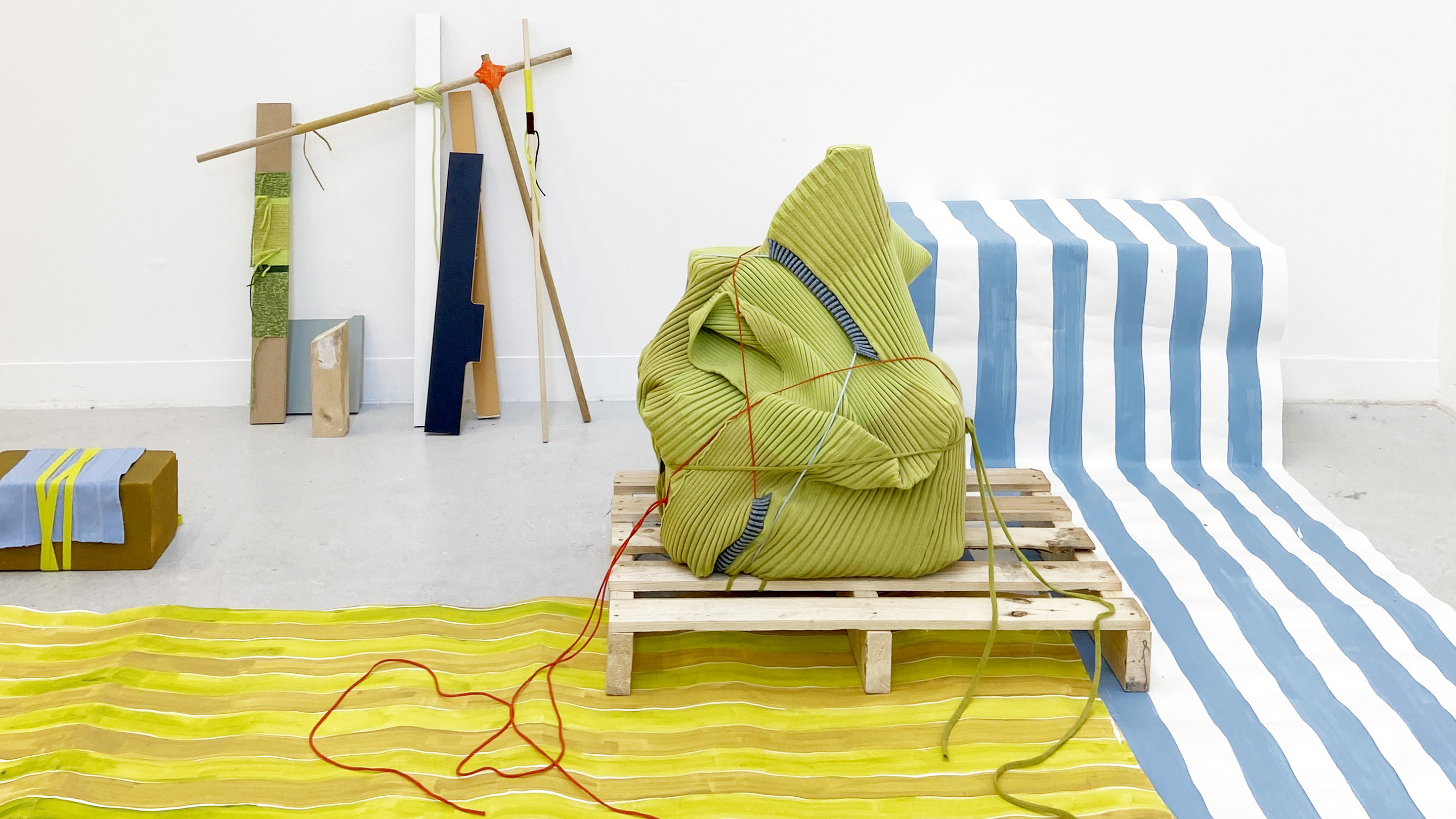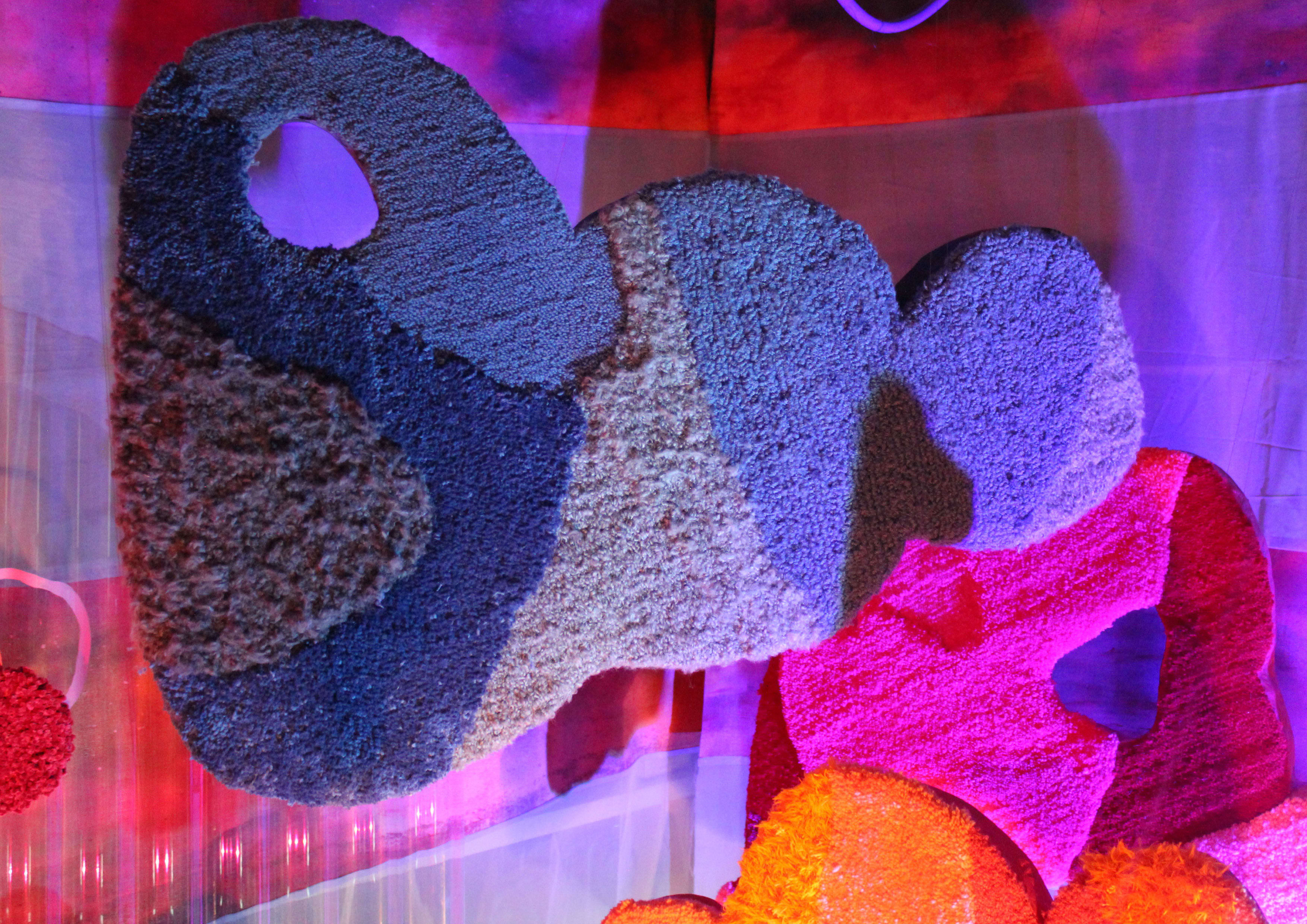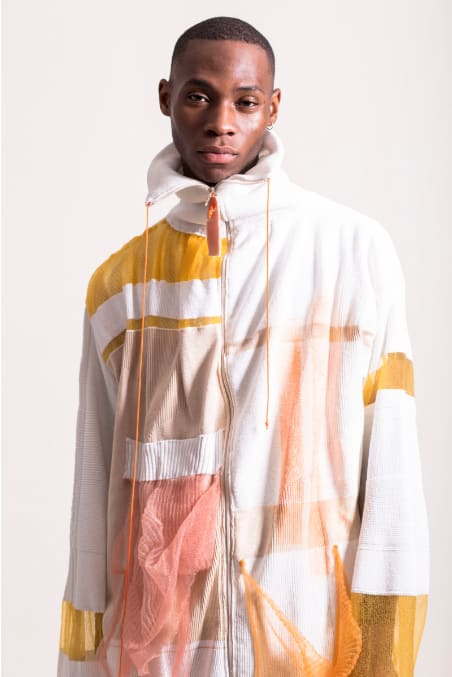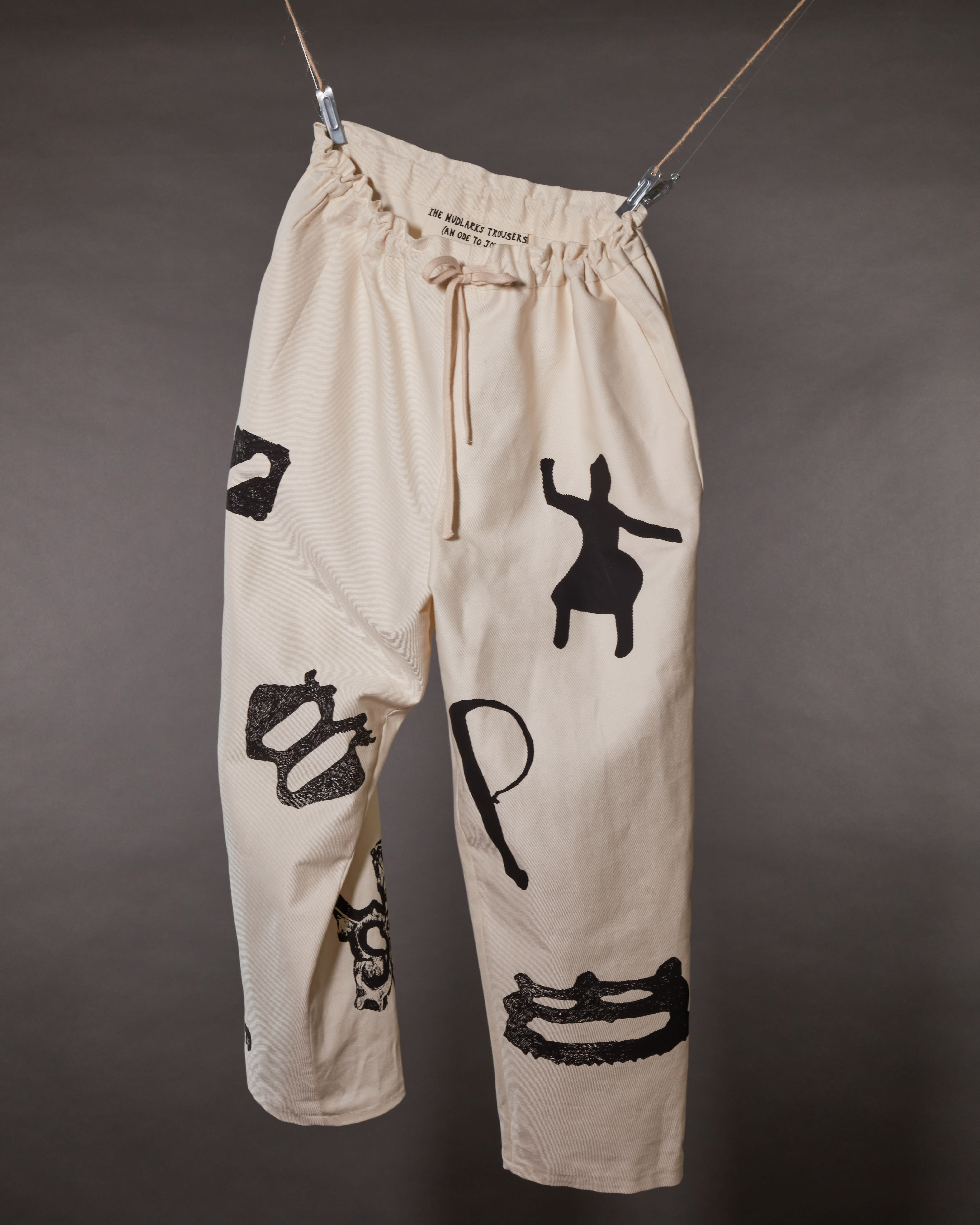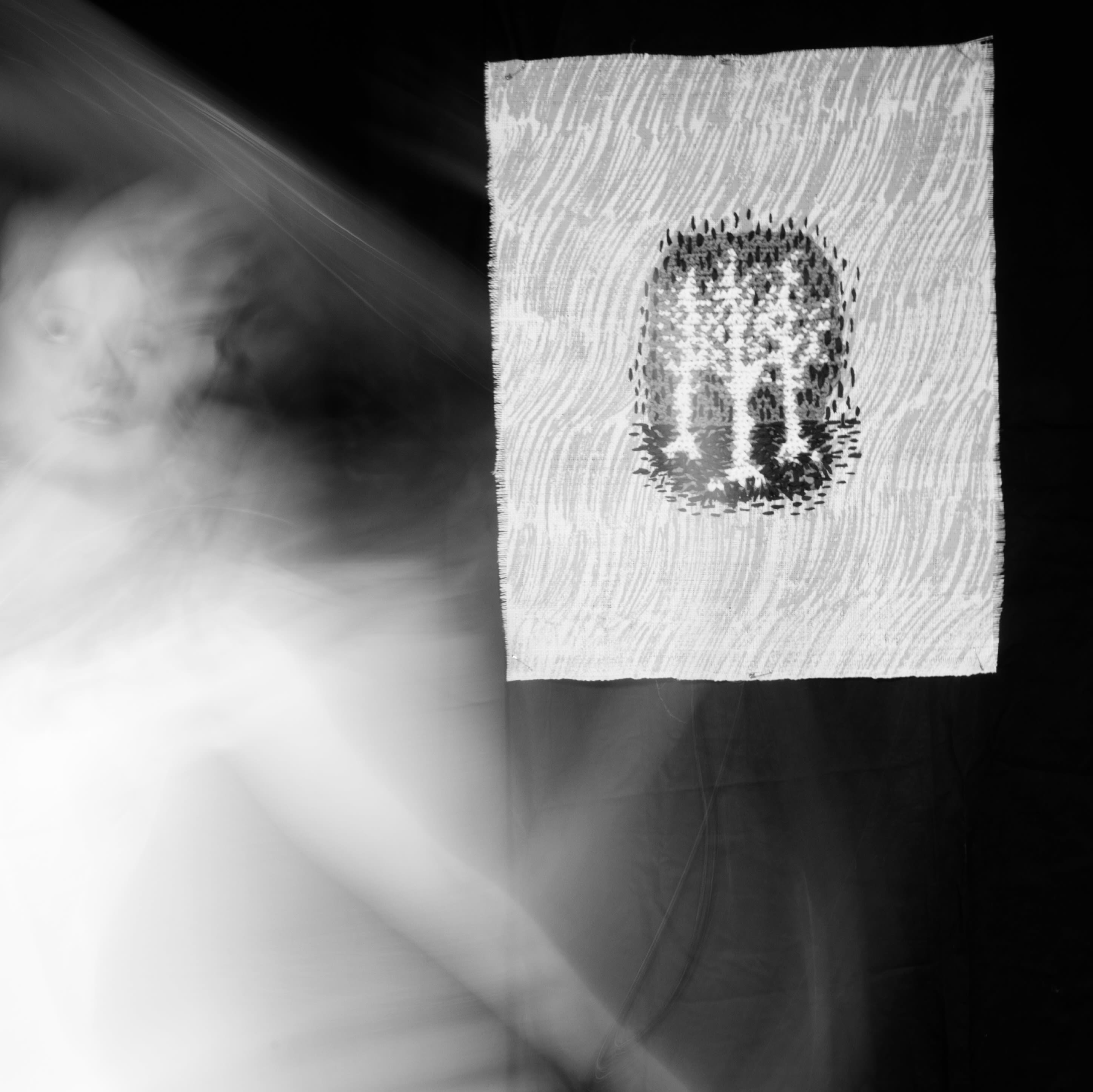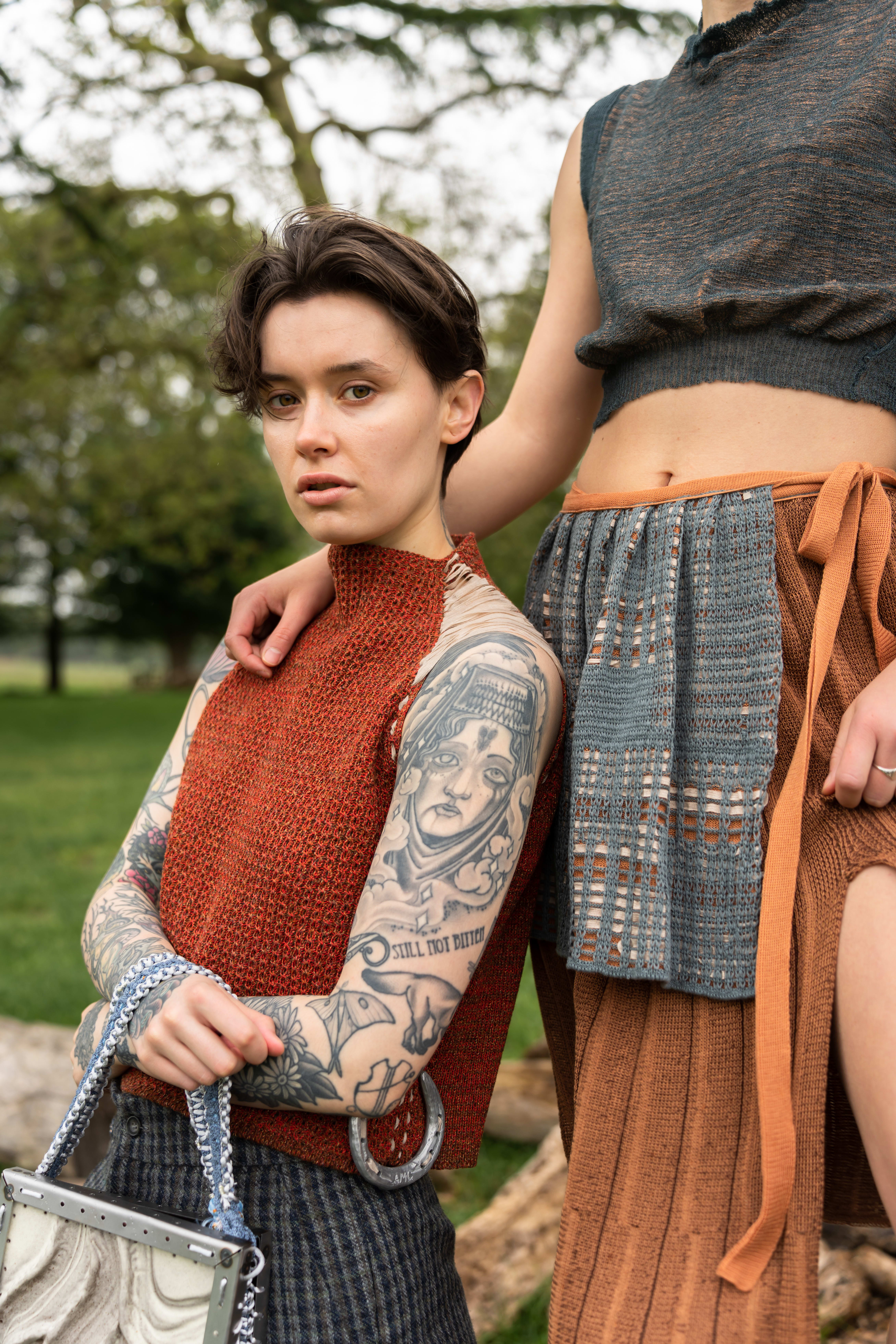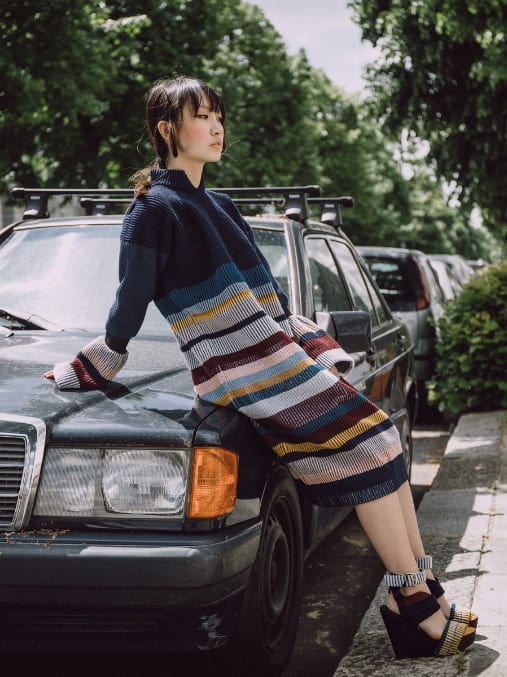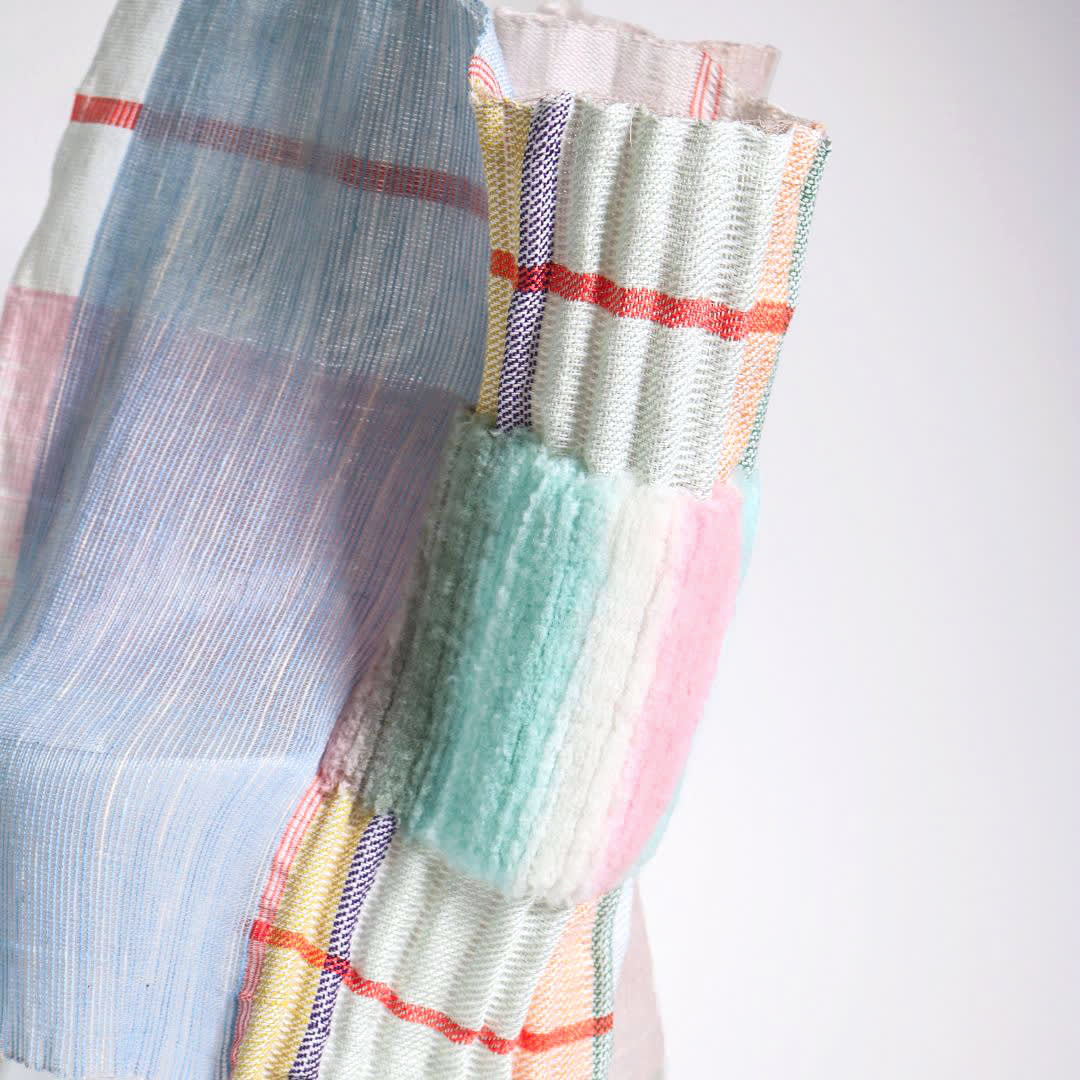Course units
Year 1
Unit 1 - Introduction to textile design
This unit is an introduction to your course, the College and the University.
There will be talks on print, weave, knit and stitch. You’ll have studio workshops that explore images and objects in diverse cultural and historical contexts. You’ll be asked to think about questions such as “What is textile design?” and “What is design?” There will also be drawing sessions for textile inspiration.
Unit 2 - Concept and process
This unit introduces you to textile design through projects and inductions into the textile workshops. You will gather visual information to explore concepts through experimental and observational drawing, photography and related research to inspire your work.
Unit 3 - Textile contexts 1
This unit expands your understanding of design development processes where you will develop a personal approach to a given theme. It introduces you to textile contexts for fashion, the body and related ethical practices.
Unit 4 - Textile contexts 2
You’ll work both digitally and within the studio to engage with current design ideas for interior or exterior spaces, or digital interactive and experience design
proposals. This introduces you to textile contexts for space, considering scale, environment and impact.
Year 2
Unit 5 - Materials design practice
In this unit, you will focus on the design process for colour, materials and finish. You will continue to develop your individual direction within your textiles.
Unit 6 - Collaborative and collective practices
You will be introduced to different ways in which collaborative working can help you to focus and enhance your own creative strengths. You’ll have the chance to work with fellow students and creative communities.
Unit 7 - Professional communication
In this unit, you’ll work on a project that has a professional context. This may be a live project, a staff research-led project, a competition or an exhibition. You will begin to define your place as a designer in a global context and potential directions for your work. These will help inform your future career aspirations.
Unit 8 - Responsible design practice
This unit encourages you to explore your practice as a responsible textile designer. You’ll be thinking about creating new work, materials, products or services that factor in environmental, social, economic and cultural costs.
Sustainable and ethical design has a broad impact and takes place within current world views, and evidence of adaptation to changing circumstances. Textile design can inform change and reach outside of the textiles’ sector. It can cross disciplines into wellbeing, product design and technical performance innovations.
Year 3
Unit 9 - Design synthesis
Unit 9 is about the exploration of ideas, innovation and experimentation in preparation for your final major project.
Unit 10 - Professional contexts
In this unit, you’ll define your role as a designer and connect your practice to a wider context.
Optional Diploma between Years 2 and 3
Between Years 2 and 3 of the course, you’ll also have the opportunity to undertake one of the following additional UAL qualifications:
Diploma in Professional Studies (DPS)
This optional diploma can be taken between years 2 and 3. With support from your tutors, you’ll undertake an industry placement for a minimum of 100 days/20 weeks. As well as developing industry skills, you’ll gain an additional qualification upon successful completion.
Diploma in Creative Computing
Between years 2 and 3, you can undertake the year-long Diploma in Creative Computing. This will develop your skills in creative computing alongside your degree. After successfully completing the diploma and your undergraduate course, you’ll graduate with an enhanced degree: BA (Hons) Textile Design (with Creative Computing).
